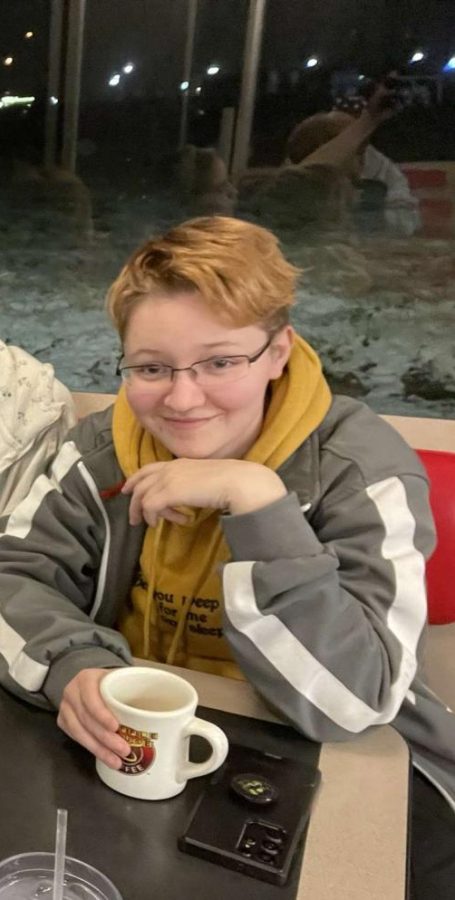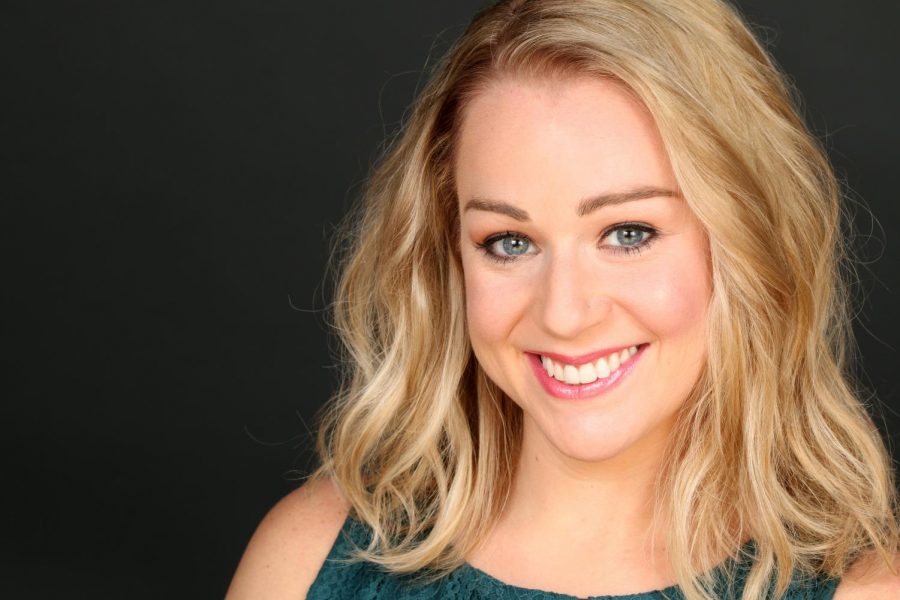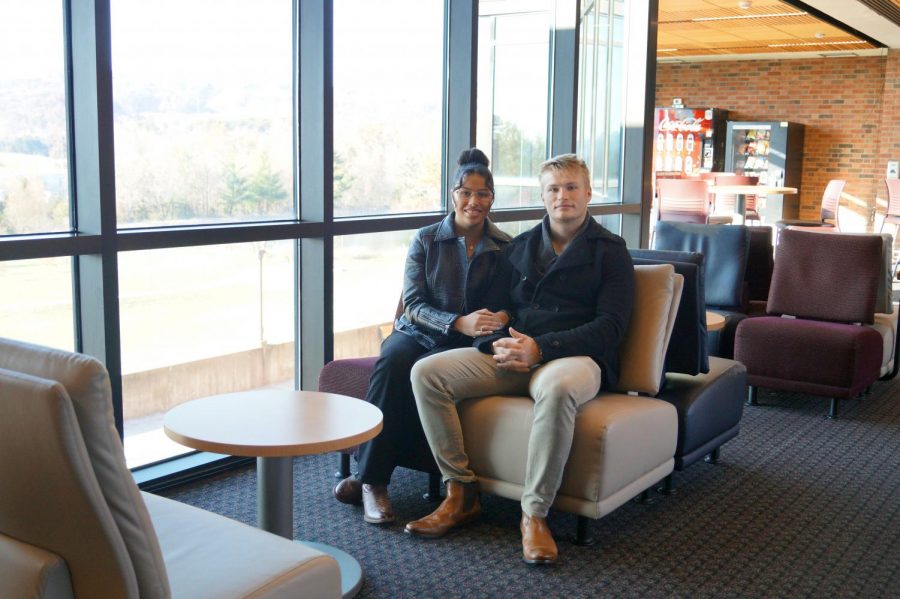The music performers are seated on stage in a semicircle, wearing black dresses ties and tuxedos. Ebony music stands are positioned in front of the musicians. With their choice of instruments in hand, they begin to play rhythmic music as the sounds swirl in the large cathedral-like hall. The Louisville Orchestra comes alive in the Kentucky Center for the Performing Arts in Louisville.
Jerry Amend, adjunct professor of trumpet, plays principal trumpet for the Louisville Orchestra. Currently he is the music director of the IUS Commonwealth Brass Band. He also plays trumpet for the Philharmonic Jazz Quintet, [Swing Jazz Quintet of the Louisville Orchestra] and plays first trumpet for the Symphonic Arts Brass Quintet.
Amend said he began his trumpet career in the fourth grade at the age of 10. Like most elementary students, he was asked to choose an instrument. Knowing his father played trumpet, Amend said he chose the same instrument hoping it would create a bond for him and his father.
Amend said his first professional band was “Amarillo Symphony” in Texas in 1964. Then, he played with the Houston Symphony from 1965-1968 and later joined the Air Force, where he was trumpet soloist with the 564th Air Tactical Command Band in Langley, Va. for four years.
“Then I came to Louisville in 1972 to play for the Louisville Orchestra,” Amend said. “This is my 41st year there. I also taught at the University of Louisville for 28 years.”
Amend said he has now been teaching at IU Southeast for 27 years. He said, the university was looking for teachers from the orchestra, and they offered him the opportunity. Amend said since 1954 he has taught over 2000 students in his career.
“I have always learned much more from my students then they have learned from me. A number of my students have gone on to play the trumpet professionally.”
Amend said he enjoys life and has always had a fulfilled life.
“I’ve lived life, and every day I find more things to do,” Amend said.
Patrick Sellers, Silver Creek High School junior, is a former student of Amend. Sellers said Amend is very passionate about music.
“Jerry’s style of teaching is very different from other music teachers,” Sellers said. “The concepts that he gives are very understanding in his ways of teaching. Whenever he gives me a new piece of music he tells of the significance of the music and where it came from. He gets very excited when he introduces a different piece of music.”
Amend said he uses music to work through his emotions.
“I love being in music,” Amend said. “It’s competitive, it’s hard. There’s something about it that I can’t explain. It’s kind of magical in a way.”
Amend said he enjoys having a career that provides a variety of challenges and experiences.
“Every week there’s something new. A new piece you have to learn. A new challenge, new conductor, other people rate you,” he said. “I’ve been blessed. I worked hard to get to where I’m at and sometimes it’s just the luck of the draw. I’m very happy where I’m at.”
He said has had other interests besides music.
Amend said he once wanted to be an architect and he also has thought of being a farmer.
“I’ve always enjoyed the soil and the animals,” he said. “When I wasn’t playing music, I worked in warehouses and for a quarter horse breeder.”
Amend said he owned a farm in Bullet County for 10 years, but later gave up on farming.
“Farmers thought I was a musician, and the musicians thought I was a farmer,” he said. “I had to check my identity crisis.”
Kettledrum player for the Louisville Orchestra, Jim Rago, said he met Amend in 1974 when Amend joined the orchestra.
“Jerry could have done many things, very versatile guy,” Rago said. “A teacher, a banker, a manager, a CEO. He does so many things. It’s to our good fortune he chose music.”
Amend’s leadership qualities are partially responsible for helping the Louisville Orchestra get to where it is now, Rago said.
“I think what alerted me to Jerry was he started a survey at our orchestra committee,” Rago said. “He was doing so much work to advance the committee. He would come in with books of research he had done, comparing us with other orchestras and making profiles of where we were and where we should be. He would ask everyone’s opinion.”
Rago said many young players don’t know of what Jerry and the committee did for the orchestra.
By TINA REED
Staff
tinkreed@ius.edu






